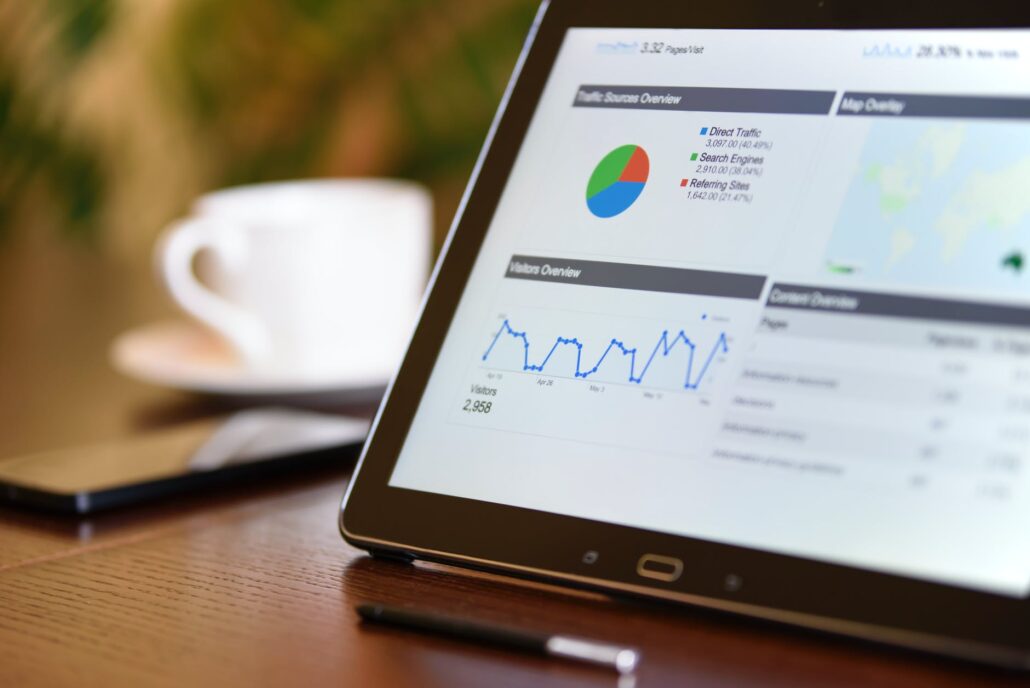PPC vs. CPC – What is the Difference?
Digital marketing has allowed many businesses of all sizes to leverage their businesses and increase their profit margins. The influences of innovation, technology, and a global market can be attributed to the rise of online marketing. Whether you are a sole proprietor, in a partnership, or have a large corporation, each entity will find digital marketing extremely beneficial in their business growth. Such forms of effective online advertising can be through social media ads, Amazon ads, search engine ads such as Google AdWords, or even through your own business website. There are some business owners who leave their online marketing strategy in the trusted hands of digital marketing professionals, while there are those who willingly navigate their own digital marketing efforts only to find themselves confused with terminology and concepts – resulting in ineffective campaigns. The acronyms that often get people confused, unless you are a digital marketing expert, are PPC and CPC. For those new to the online marketing world PPC and CPC may look alike but they are not, and in order to get the best ROI (return on your initial marketing investment) you need to have a comprehensive understanding between the difference of PPC vs. CPC.
What is PPC and CPC?
Pay-per-click (PPC) is an internet advertising model used to drive traffic to websites, in which an advertiser pays a publisher (typically a search engine, website owner, or a network of websites) when the ad is clicked.
Cost Per Click (CPC) refers to the actual price you pay for each click in your pay-per-click (PPC) marketing campaigns. Cost per click is calculated by dividing the cost of a paid advertising campaign by the number of clicks. For example, you paid $125.00 for your PPC ad and it got 125 clicks total, then you spent one dollar per ad click.
Cost Per Click = Total advertising Costs/Number of Clicks Per Advertising
The importance of PPC and CPC?
In order to have an effective and successful online ad campaign a business has to take several important elements into consideration before creating and publishing an online ad such as:
Platform – Where will the ad appear?
Audience – What is your target’s age, gender, city state, or countries?
Ad Content – Do you have a click-worthy heading, sales-copy, and photo?
Call to Action – “Buy Now”, “Learn More”, or “ Call Now” are some call to action examples.
Duration – How long do you want your ad to run?
Keywords – Searchable keywords will increase your ad of being shown to your target audience.
Budget – Decide on how much you want to spend on your ad campaign.
When implemented and executed properly your PPC ad and CPC should work together, your ad should draw attention and your final metrics should provide effective results giving you a good ROI. These factors will help your business stay competitive against similar businesses in the industry, especially when your target customer is searching for a product or service that you provide.


